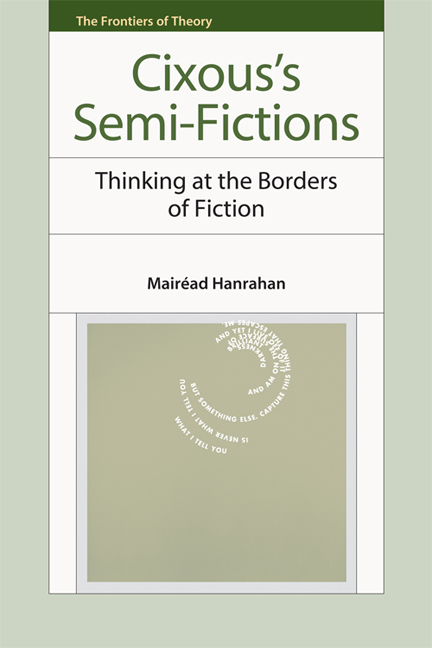Book contents
Series Editor's Preface
Published online by Cambridge University Press: 05 August 2016
Summary
Since its inception Theory has been concerned with its own limits, ends and afterlife. It would be an illusion to imagine that the academy is no longer resistant to Theory but a significant consensus has been established and it can be said that Theory has now entered the mainstream of the humanities. Reaction against Theory is now a minority view and new generations of scholars have grown up with Theory. This leaves so-called Theory in an interesting position which its own procedures of auto-critique need to consider: what is the nature of this mainstream Theory and what is the relation of Theory to philosophy and the other disciplines which inform it? What is the history of its construction and what processes of amnesia and the repression of difference have taken place to establish this thing called Theory? Is Theory still the site of a more-than-critical affirmation of a negotiation with thought, which thinks thought's own limits?
‘Theory’ is a name that traps by an aberrant nominal effect the transformative critique which seeks to reinscribe the conditions of thought in an inaugural founding gesture that is without ground or precedent: as a ‘name’, a word and a concept, Theory arrests or misprisions such thinking. To imagine the frontiers of Theory is not to dismiss or to abandon Theory (on the contrary one must always insist on the it-is-necessary of Theory even if one has given up belief in theories of all kinds). Rather, this series is concerned with the presentation of work which challenges complacency and continues the transformative work of critical thinking. It seeks to offer the very best of contemporary theoretical practice in the humanities, work which continues to push ever further the frontiers of what is accepted, including the name of Theory. In particular, it is interested in that work which involves the necessary endeavour of crossing disciplinary frontiers without dissolving the specificity of disciplines. Published by Edinburgh University Press, in the city of Enlightenment, this series promotes a certain closeness to that spirit: the continued exercise of critical thought as an attitude of inquiry which counters modes of closed or conservative opinion. In this respect the series aims to make thinking think at the frontiers of theory.
- Type
- Chapter
- Information
- Cixous's Semi-FictionsThinking at the Borders of Fiction, pp. vii - viiiPublisher: Edinburgh University PressPrint publication year: 2014



